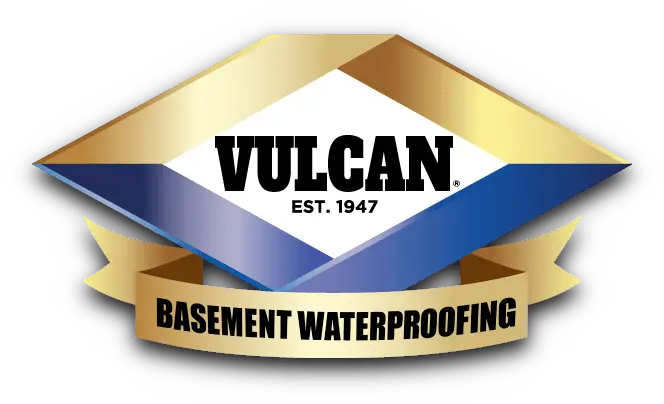- Room wTile Before
- Room wTile After
- Lake Hopatcong Before
- Lake Hopatcong After
- Garage 3 Before
- Garage 3 After
Introduction
Stone flooring vs. linoleum? Stone flooring and vinyl sheets are ideal covering applied over a discolored and cracked concrete floor. Stone flooring is made up of fine stones mixed with formulated epoxy.
Sheet vinyl, on the other hand, is an organic material developed from ethene (Wise Geek, 2014).
Both materials immediately add beauty and appeal to a floor. Vinyl sheets are cost-effective and easy to install, but will fade or yellow over time, while stone flooring lasts forever.
The linoleum vinyl sheet is directly applied to a flat surface by putting glue around its outer edges while the full-bond sheet is also applied to a flat surface but by putting glue across the entire backside.
Installation of stone flooring is also quick; however, it needs the assistance of a professional. Stone flooring preserves its new appearance for years.
Brief History
Stone construction began in Egypt over 5000 years ago. Palaces and monuments used large bricks that were made of mountain cut materials. In fact, the oldest stone flooring in the world existed in Pyramids of Giza.
Greeks created pebble mosaic floors 3000 years ago. This flooring type was made of small and rounded stones attached together to create an image. Eventually, these pebbles were traded for flat pieces of vibrant stone tiles, which glow in the sunlight.
The art of stone flooring reached its new height of innovation during the Roman Empire. It’s believed heated floors were used in wealthy homes throughout the life of the empire.
During the fall of Roman Empire, various historians affirmed “European use of stone flooring was often relegated to scavenging pieces of material from old monuments and palaces that had fallen into disuse (About, 2014).”
Vinyl existed as early as late 1800’s but the idea of using it as a floor began in the 1930’s.
After series of successful and failed experiments, vinyl was finally presented as a composite flooring tile in 1933 (Floor to Your Home, 2014).
The market penetration for vinyl sank during World War II. Luckily, the manufacturing returned after the war. It launched its new properties, versatility and flame resistance.
The first durable vinyl plank flooring was introduced in 1970. This flooring was made of vinyl but slice into planks designed to look like wood.
The Benefits
Stone flooring transforms your old concrete floor into a beautiful, safe and breathing space. It permanently covers ugly discoloration and uneven surfaces. The following are the other benefits:
1. It adds depth and interest to your concrete floor, whether it’s your basement, garage, living room, playroom, pool side, laundry room, patio, or fitness room.
2. It defends against dampness, moisture and unwanted water.
3. It acts as a better insulation than carpet, wood, vinyl and tile.
4. It provides variety of colors and textures.
5. It requires light maintenance.
6. It outperforms paint and other floor coatings… it’s literally permanent!
7. It’s FDA-approved, therefore, it’s environment-friendly and it’s totally safe even in bare feet.
Vinyl linoleum sheets are popular among homeowners because of its inexpensive cost (About, 2014). Apart from being mass produced into large rolls, other benefits of vinyl sheets include:
1. It’s easy to install. It’s up to you how to measure the space it’ll be put into.
2. It’s impermeable to moisture. Just make sure the material is properly secured and seal the edges or they’ll soon be rolling up.
3. It provides design options. It’s possible to engrave printed vinyl sheets with any pattern, color or image. You can directly print to the surface layer then install without worrying about the assembly.
4. It’s replaceable. You can immediately remove the stained area or if you’re dissatisfied, replace the entire floor.
5. It’s easy to install. You’re only required to accurately measure its length and width before cutting.
What’s the Best Basement Floor?
Your basement acts as the foundation of your home. It protects your house from flood, extreme temperatures. A basement with concrete floor produces moisture and high humidity, which eventually results to too much water vapor that will tear the slab and foundation walls (BobVilla, 2014).
Therefore, finding the right floor covering solves the problem.
Question is: Stone flooring or sheet linoleum vinyl?
It all depends on what your basement is used for and how soon you plan to re-install.
Do you need the cheapest option? If yes, then go for linoleum. Sheet vinyl is budget friendly and you can change it whenever you want a fresh look, especially when you’re expecting visitors.
However, if you want a literally beautiful multi-functional space for the whole family, then choose stone flooring.
It permanently covers unattractive cracks and protects the whole area from spills, dirt and extreme humidity… and never has to be replaced like linoleum either!
– – –
Vulcan Waterproofing can put an end to your old damp and humid floors. Our experienced professionals currently install beautiful stone flooring to all residents and commercial establishments in Connecticut, New York, New Jersey, Delaware and Pennsylvania.
Visit http://vulcanstoneflooring.com/ for information.





